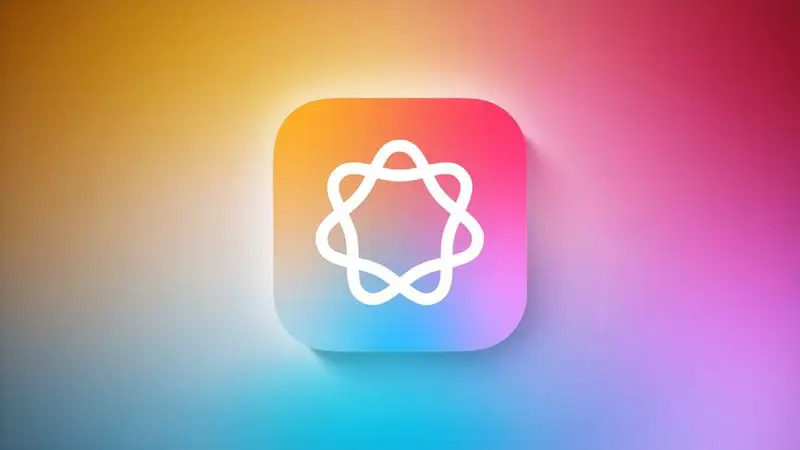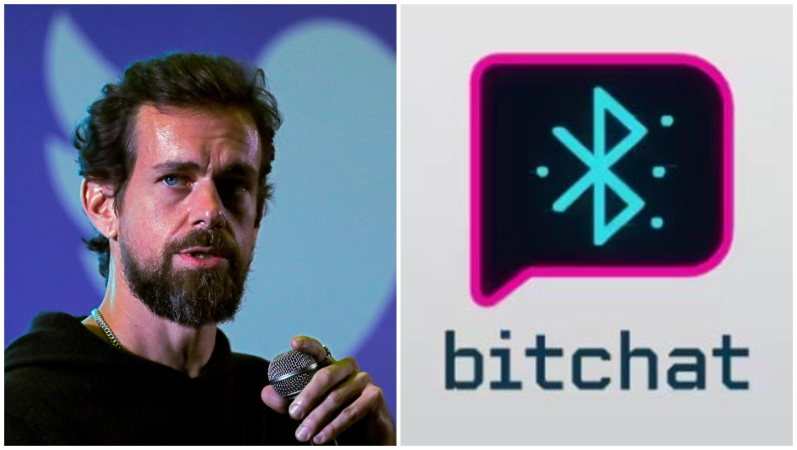For years, Siri has been Apple’s signature AI assistant, known for its simplicity and deep integration with iPhones, iPads, Macs, and the Apple HomePod ecosystem. However, compared to rivals like ChatGPT, Amazon Alexa, and even Google Assistant, Siri’s intelligence and contextual understanding often felt limited. Apple’s decision to join forces with Google could change that narrative completely.
According to early reports, Apple’s engineers are working closely with Google’s AI team to power the next generation of Siri using the Gemini AI model. This move signals a bold shift in Apple’s long-standing philosophy of building everything in-house. By adopting Google Gemini, Apple aims to make Siri faster, smarter, and far more capable of understanding natural language — something users have been waiting for since Siri’s debut back in 2011.
This collaboration doesn’t just highlight a partnership between two tech giants — Apple and Google — it also marks the beginning of a new era where AI assistants learn, adapt, and evolve faster than ever. With Google Gemini’s deep learning abilities and Apple’s focus on user privacy and design, Siri might soon become the perfect balance between intelligence and security.
In this blog, we’ll explore what this partnership really means — how Apple plans to integrate Google Gemini into Siri, what benefits users can expect, and why this could reshape the future of AI-powered voice assistants worldwide.
What’s Happening? (The Core Update)
For over a decade, Apple’s Siri has been a familiar voice across millions of devices — answering questions, setting reminders, and managing smart homes. But despite its popularity, Siri often struggled to keep up with rapidly advancing AI assistants like Google Assistant or OpenAI’s ChatGPT. That’s about to change.
According to recent reports, Apple is planning a major upgrade that will completely redefine how Siri functions. The company is reportedly in discussions with Google to license and integrate the powerful Google Gemini model into Siri’s architecture. This isn’t a small update — it’s a complete AI transformation inside Apple’s ecosystem.
The Google Gemini model, which competes directly with GPT-4 and Claude 3, is known for its exceptional reasoning, multi-modal capabilities, and contextual understanding. By using Gemini, Siri could finally become the intelligent voice assistant Apple originally envisioned — capable of understanding complex queries, giving nuanced answers, and even predicting user needs based on patterns and preferences.
While neither Apple nor Google has officially confirmed the details, leaks from industry insiders suggest that the first Gemini-powered Siri could debut in 2026 alongside a new line of Apple smart-home devices. One of these devices is rumored to be a smart-home display, featuring a speaker base and wall-mount option — combining Apple’s elegant design with Google’s advanced AI core.
So, what does this mean for users? In simple terms — a more human-like Siri. Imagine asking your Apple device to summarize your emails, plan your schedule, explain technical concepts, or even generate creative ideas — and Siri responding with the fluency and intelligence that we’ve so far only seen from Google Gemini or ChatGPT.
The collaboration also hints at a shift in Apple’s AI strategy. Traditionally, Apple has relied heavily on in-house research and kept its ecosystem tightly closed. But integrating Google Gemini means Apple is now open to leveraging external AI models for better performance — a big step toward delivering a next-gen digital experience.
In the coming months, both Apple and Google are expected to share more technical details about how this integration will work — particularly regarding data privacy, since Apple’s strong privacy stance will need to balance Google’s data-driven AI approach. If handled right, this partnership could become one of the most powerful alliances in the history of consumer technology.
Why This Collaboration Matters
The partnership between Apple and Google is more than just a software update — it’s a strategic shift that could redefine the entire AI assistant landscape. For years, Siri has been part of Apple’s identity, while Google Gemini represents the most advanced evolution of Google’s artificial intelligence. Bringing the two together blends Apple’s ecosystem with Google’s AI power, and that’s a massive step forward.
From a user perspective, this collaboration means that Siri can finally compete head-to-head with tools like ChatGPT, Alexa, and Google Assistant. With the Gemini AI model inside, Siri will not just “answer” but truly understand — analyzing tone, intent, and context the way humans do. This upgrade could transform how people use Apple devices in daily life, from managing work to controlling smart-home gadgets.
For Apple, this move also signals a more flexible mindset. The company has always protected its in-house technology, but integrating Google Gemini shows that Apple is ready to collaborate when it benefits users. And for Google, this partnership expands Gemini’s reach to millions of Apple users, strengthening its position in the global AI market.
What makes this even more important is timing. AI adoption is rising fast, and both Apple and Google know that the next big innovation will come from smarter, more connected voice assistants. If the integration succeeds, Siri could become the first assistant to combine Apple’s privacy and design standards with Google’s deep learning intelligence — a combination no other platform currently offers.
In short, this collaboration isn’t just about making Siri smarter; it’s about shaping the future of human-AI interaction — where intelligence meets elegance, and Apple meets Google.
Impact on Users and Developers
The integration of Google Gemini into Apple’s Siri is not just a tech upgrade — it’s a transformation that will affect both everyday users and the global developer community.
👥 Impact on Users
For Apple users, this partnership could completely redefine how they interact with their devices. The new Siri, powered by Google Gemini, is expected to deliver faster, more natural, and context-aware responses. Imagine asking your Apple device to summarize your day, plan meetings, or generate creative ideas — and Siri handling everything as intelligently as a human assistant.
Since Gemini is designed to process not just text but also images, audio, and video, future Siri versions could interpret visual inputs too — like identifying objects from your camera or explaining on-screen content in real time. This would place Apple at the forefront of truly multimodal AI assistants.
And because Apple is known for prioritizing privacy, users can expect a secure AI experience that still leverages Google’s advanced machine learning — giving them the best of both worlds: intelligence and protection.
💻 Impact on Developers
For developers, this collaboration could open new possibilities. If Apple allows access to Siri’s Gemini-powered AI through APIs or the Apple Developer Program, it might enable more intelligent apps and automations. Imagine building apps that talk directly to a smarter Siri, capable of understanding context, intent, and user behavior.
Moreover, this move could reshape the AI development ecosystem. By blending Apple’s closed environment with Google’s open AI framework, developers might soon gain tools to create next-gen AI-driven applications without compromising on Apple’s quality and design standards.
In short, both users and developers stand to gain from this alliance. Whether you’re managing tasks, building apps, or creating automations — a Gemini-powered Siri could soon become the smartest digital partner on any Apple device.
The Bigger Picture — Apple in the AI Race
For years, Apple has stayed silent while companies like Google, OpenAI, and Microsoft raced ahead in artificial intelligence. But the integration of Google Gemini into Siri clearly shows that Apple is no longer watching from the sidelines — it’s entering the AI race with full force.
Apple’s strategy has always been different. Instead of rushing, the company focuses on perfection — combining powerful technology with a smooth, secure user experience. And that’s exactly what makes this move with Google so fascinating. By adopting Google Gemini, Apple isn’t just adding smarter responses to Siri; it’s redefining what a personal AI assistant should be — private, human-like, and deeply integrated into your daily life.
The timing couldn’t be better. AI is becoming the core of everything — from search engines to mobile devices and even digital marketing. Users no longer want an assistant that just listens; they want one that understands and acts. With Gemini, Siri could finally deliver that kind of intelligence — one that feels more like a thinking companion than a talking tool.
This also highlights a major shift in Apple’s philosophy. The company has always been protective of its ecosystem, rarely relying on external technology. But this collaboration with Google signals a new, open-minded approach — one focused on user value rather than competition.
In the coming years, we might see Apple developing its own large language models while still leveraging the strengths of Google Gemini. This dual strategy could position Apple as a strong player in the AI world — balancing innovation with privacy.
So yes, Apple may have entered the AI race late, but with the right partnerships and its reputation for design excellence, it might just end up leading it.
Conclusion
The partnership between Apple and Google marks a turning point in the future of AI assistants. By bringing the power of Google Gemini to Siri, Apple is not just upgrading its voice assistant — it’s redefining how humans and technology interact.
For users, this means a more natural, intelligent, and personal experience. For developers, it opens the door to new possibilities in AI-driven applications and automation. And for the tech world, it proves one thing: even rivals can collaborate when innovation demands it.
Apple’s Siri, powered by Google Gemini, could become the perfect blend of Apple’s design and privacy with Google’s intelligence and scale. The result might be an assistant that’s not only smarter but also more human — capable of understanding emotions, context, and intent like never before.
As the AI race continues to accelerate, this collaboration shows that the future of artificial intelligence isn’t about who builds it first — it’s about who builds it better. And if history has taught us anything, it’s that Apple, with its focus on quality and user trust, has a way of turning technology into lifestyle.
The next version of Siri might just prove that the smartest move in AI isn’t competition — it’s cooperation.
At The Optimum Hub, we aim to keep you ahead with the latest updates and insights from the world of technology and digital innovation. Stay tuned for more timely news, expert analyses, and in-depth coverage that matters.
👉 Read more fresh updates at The Optimum Hub










